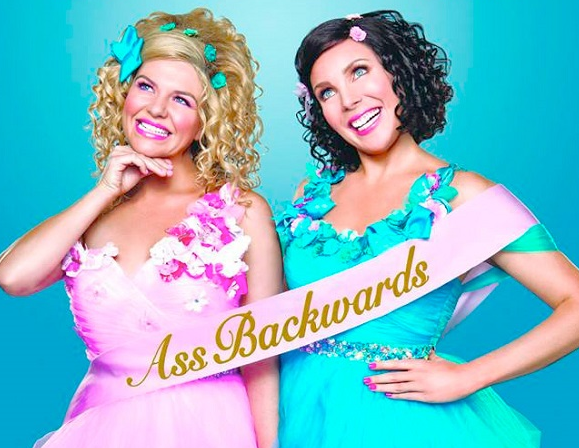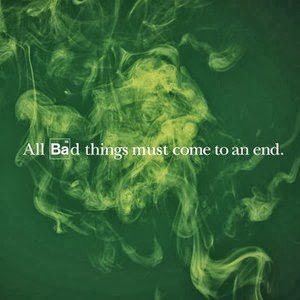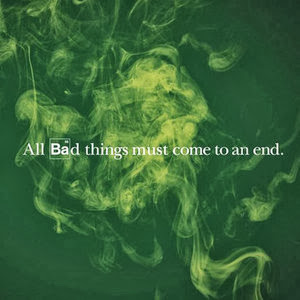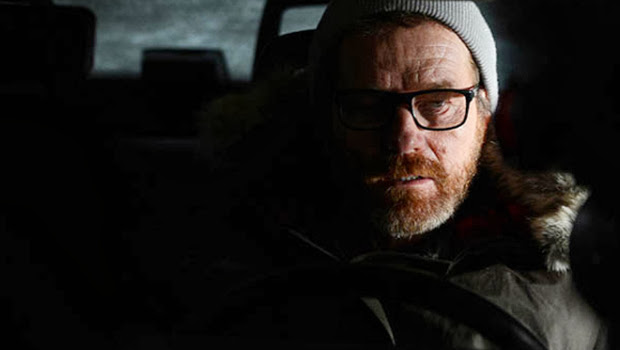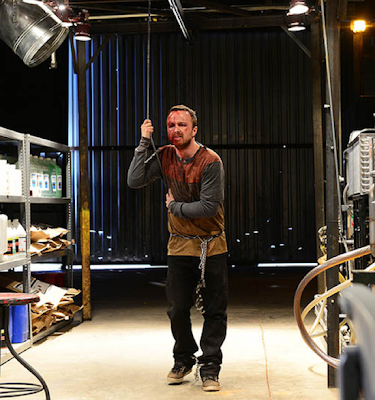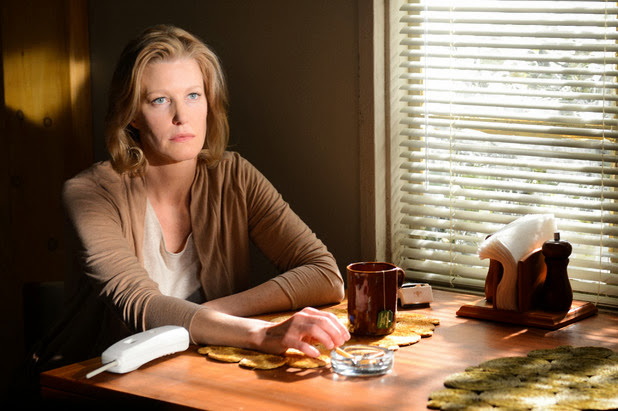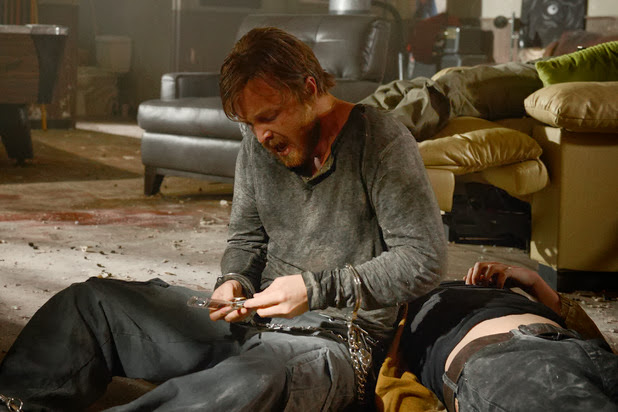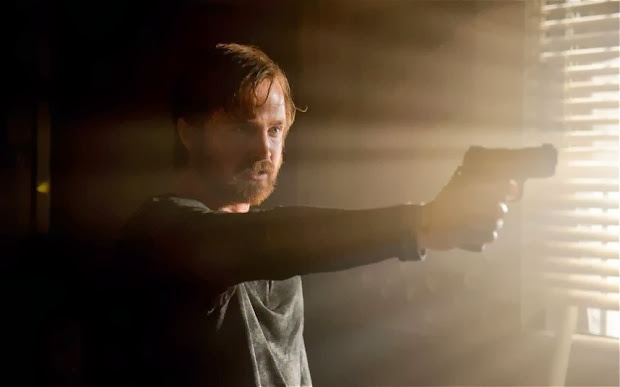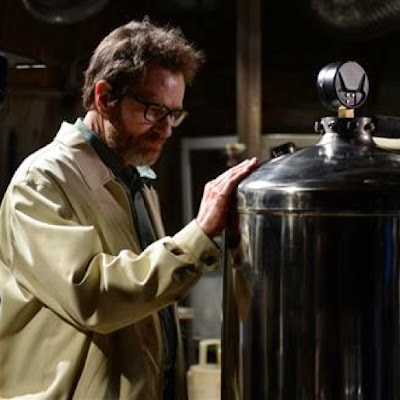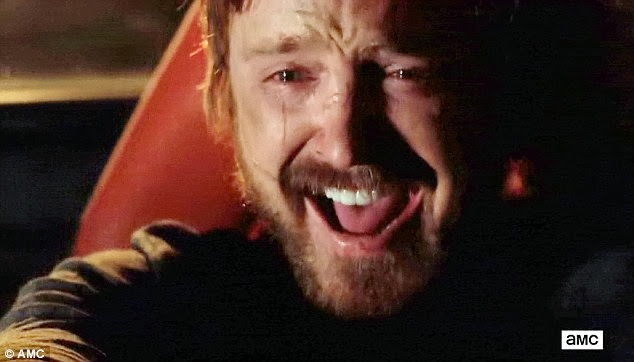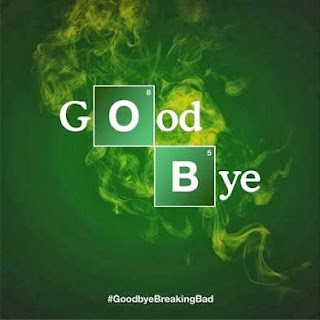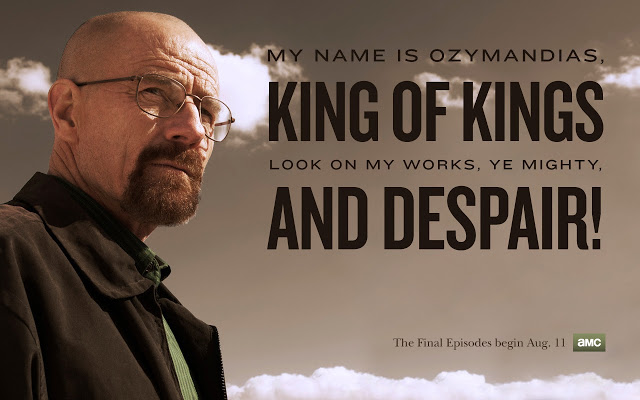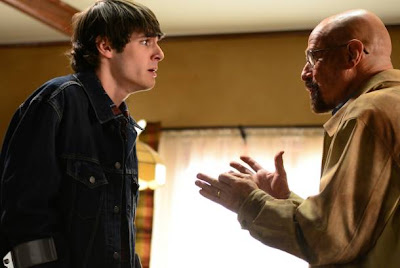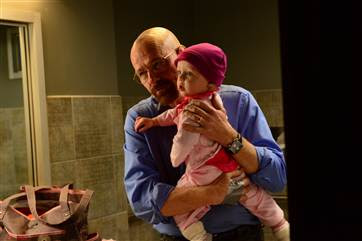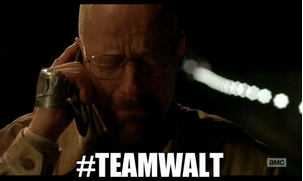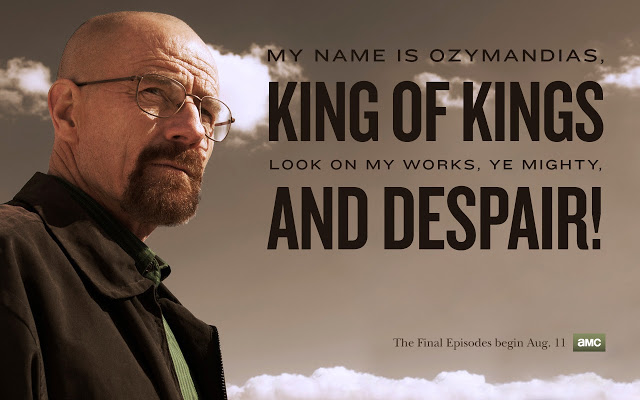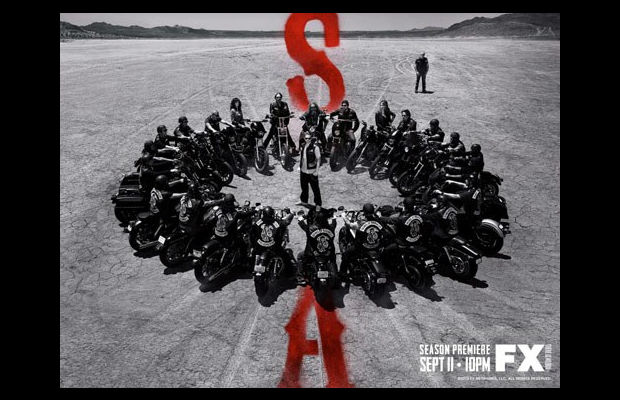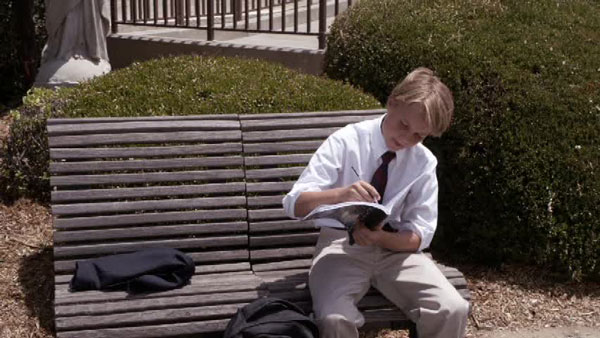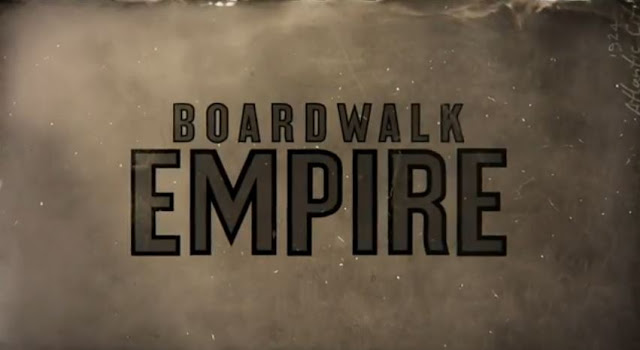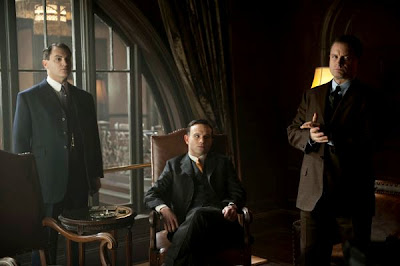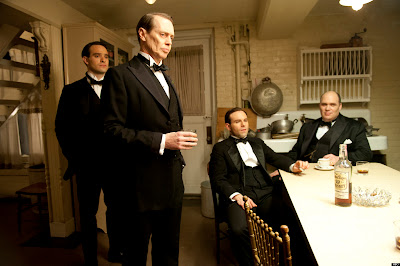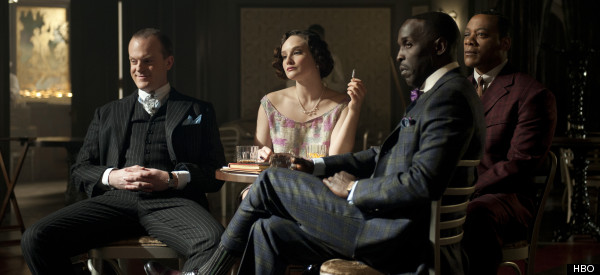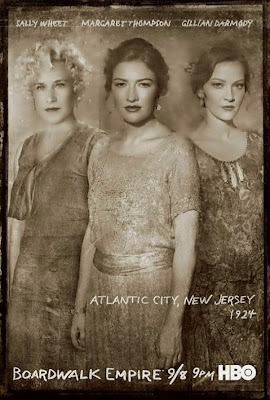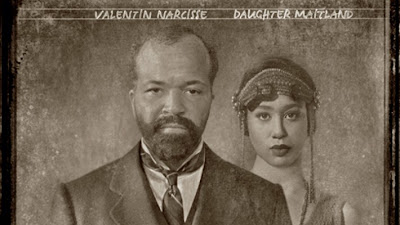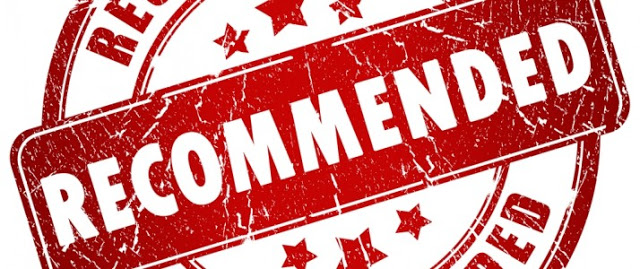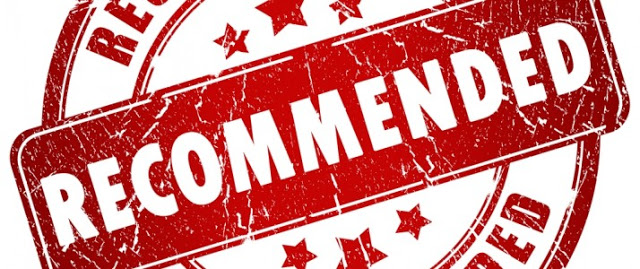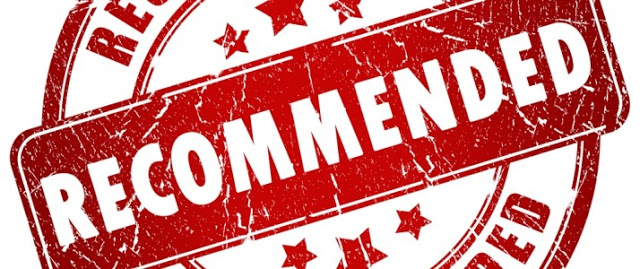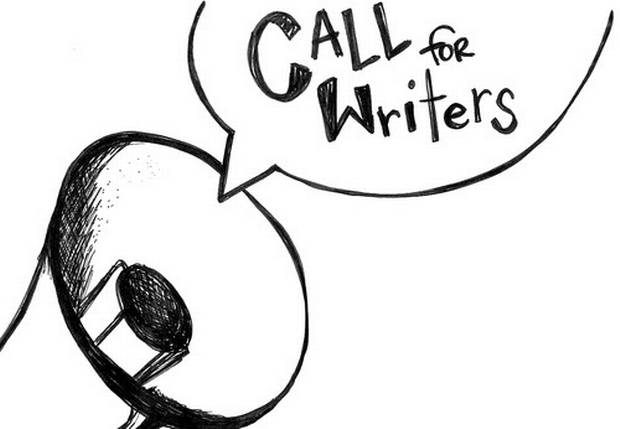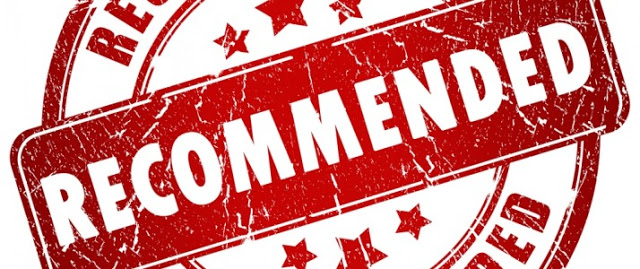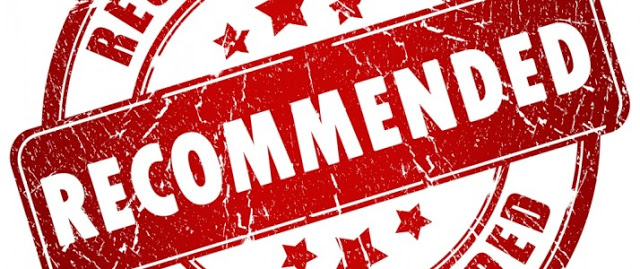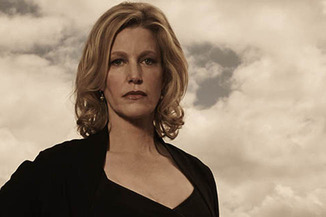“We’re not losers.” “We’re Kate and Chloe.” – Ass Backwards
Written by Leigh Kolb
Ass Backwards is a purposefully uncomfortable ride that follows two best friends–Kate and Chloe–as they attempt (and consistently fail) to get somewhere with their lives. The road-trip buddy comedy follows the two as they deal with internal and external road blocks on their way back to their hometown. The destination? To compete in a 50th anniversary beauty pageant that they’d lost as children. “If we go back there, we will win,” they confidently say as they disregard an eviction notice from their Manhattan apartment.
June Diane Raphael and Casey Wilson co-wrote and co-star in the film (as Kate and Chloe, respectively), and their acting skills shine. The comedy has its moments of brilliance, but doesn’t seem as strong as it could be, given the duo’s talent. A strong supporting cast (a wonderful Alicia Silverstone, Vincent D’Ornofrio, Jon Cryer and Bob Odenkirk) gives a strong backbone to a sometimes-wobbly film.
[youtube_sc url=”http://www.youtube.com/watch?v=W23rE3u1ce8″]
Ass Backwards has been receiving pretty negative reviews since it was released on VOD on Sept. 30 (its theatrical release is Nov. 8). The film has a number of rough spots (the bunny subplot and children in the woods, I’m looking at you), but I can’t help but wonder if our discomfort at seeing delusional women who humiliate themselves without a shred of self-awareness is partly to blame for audiences’ reactions.
This isn’t something we’re used to–seeing women characters embrace their failing lives with pride. The two have “dead-end” jobs (Chloe dances at a nightclub, and Kate is a “CEO” of her own business, which is selling her eggs to infertile couples), but they are proud. Their lives are spiraling downward, but they love themselves, and one another.
While the laughs aren’t on par with Dumb and Dumber, it’s a similar concept–two somewhat-but-not-really-lovable morons who don’t understand how relatively terrible their lives are. Audiences love and accept the “loser” male comedy hero, but his female counterpart feels awkward and foreign.
I’m not totally defending Ass Backwards as comedy gold. It has some hilarious moments and many groan-worthy moments (as most comedies do). I value it very much for what it is, however: a film that highlights female friendship, female-centric comedy, and female characters who are remarkably flawed. For all of its flaws, the writers took risks and gave us a comedy that receives an off-the-charts score on the Bechdel Test.

And there are some great moments in Ass Backwards. When the two flash back to their childhood pageant days, Kate is asked in the interview portion, “When you’re a mommy, do you want to enter the work force, or stay at home?” She stumbles, and answers, “Workplaces are where people work.” The pageant host (Odenkirk) calls her a “moron,” and she’s laughed off the stage.
In the talent portion, Chloe (young Chloe is played by the wonderful Ursula Parker of Louie fame) sings/wails, “Stand by your man.”
“Those were the days,” Chloe wistfully remembers as an adult. When Kate looks pained by the memory, Chloe consoles her: “Your answer wasn’t easy, and that scares people.”
The funny, pointed critique of the pageant industry’s problematic relationship with little girls (and expectations of women in general) is clear.
Alicia Silverstone is excellent as Laurel, who won that pageant and has become and a veritable “winner” in adulthood. (Her charity, “Laurel’s Ladies,” gives “makeovers to low-income gals so they can look like me, if only for a day.”) When Kate and Chloe attend her book-signing, she tells them they would qualify for Laurel’s Ladies. They are simply confused; why would they need that?
As they set out on their road trip, there are plenty of hiccups. When Kate drives hours in the wrong direction, Chloe isn’t angry at all. Moments like this highlight the strength of their friendship. Toward the climax of the film, there is some in-fighting between the two, but it never delves into stereotypical cat fight territory–and this is refreshing.
They hitch a ride from a biker feminist who takes them to an all-women’s commune (“We live in a world very far removed from beauty pageants,” they say, after releasing Kate and Chloe from “the fraudulent chains of patriarchy”). There are some silly stereotypes in this scene, but Kate and Chloe are the tone-deaf ones (as always), and the older feminists are sympathetic and admirable. When they worry about their lack of appeal to the younger generation, Kate and Chloe step up to help them with a business plan–and they don’t know what they’re talking about. They just make fools of themselves, and don’t understand the consequences of their actions. (Could this be a criticism of third-wave feminism? I’d like to think so.)

The women continue on, stripping by accident, landing in jail, seeking shelter with their favorite reality star, and finally end up at the beauty pageant (after they’ve released what’s been holding them back).
The pageant scene is as disastrous as we expect, and the epilogue is heartwarming and darkly humorous.
Comedies are hard to get just right, which is evident from the dearth of good ones–especially ones with female protagonists. For that fact alone, Ass Backwards is refreshing and exciting.
During the 50th anniversary pageant, Kate is asked about the strides that women have made in the last half a century. She is flustered, and finally gathers herself. She answers, “I don’t have a fucking clue. I don’t know.” She smiles, and proudly walks off stage.
Sometimes that is the best we can do. Smile, admit we have no fucking clue, and move on. Kate and Chloe aren’t losers, and Ass Backwards isn’t a loser, either. Ass Backwards is Kate and Chloe, and they have no regrets.
I have no regrets, either, having spent an hour and a half with Kate and Chloe. The line “Her ‘mones–she must be off her ‘mones” was alone worth the cost of the VOD rental.
Wilson and Raphael make quite the writing and acting team. As writers, they have sold two comedies (Mason Twins on NBC and DINKS on ABC) for this development season, and are set to be big winners in the world of comedy.
__________________________________________________________
Leigh Kolb is a composition, literature and journalism instructor at a community college in rural Missouri.
